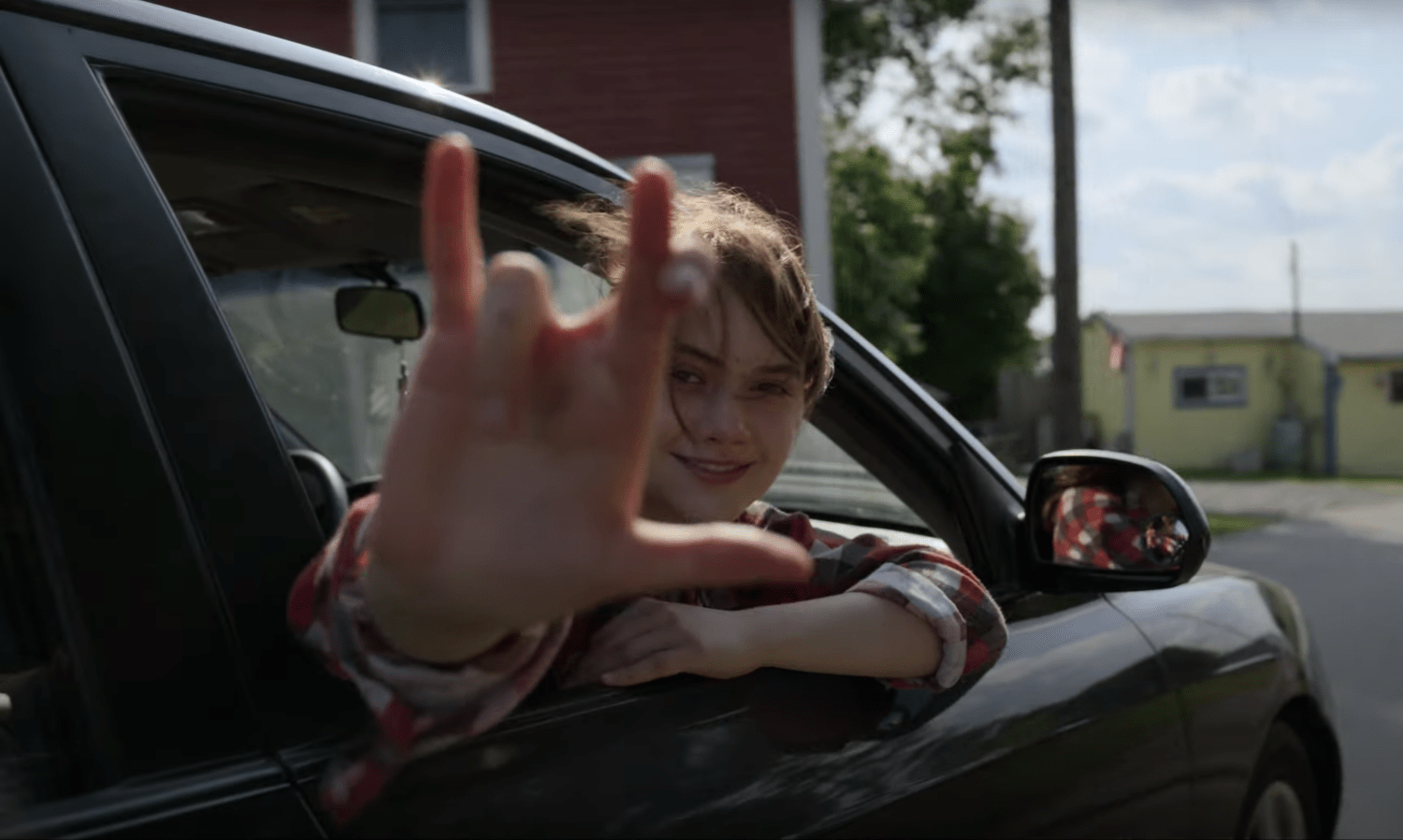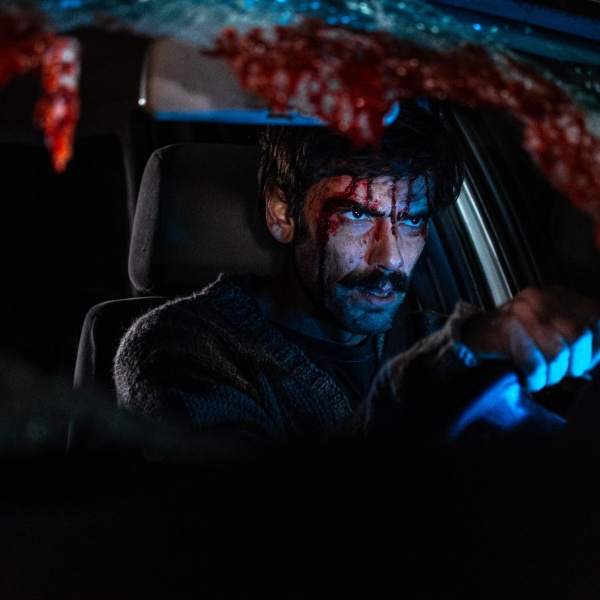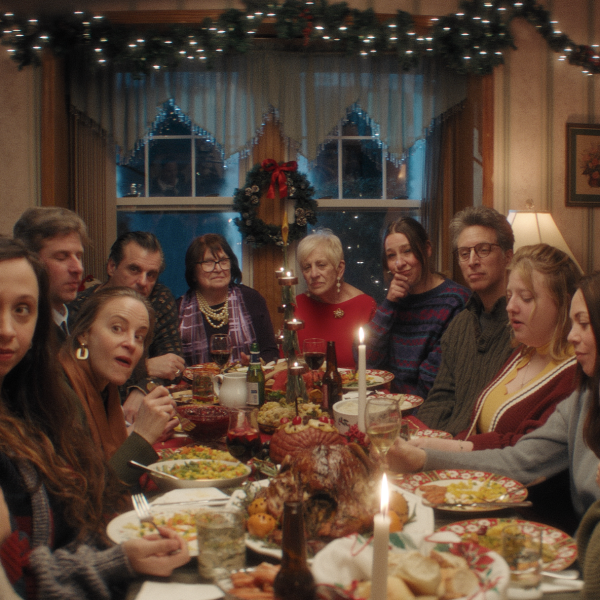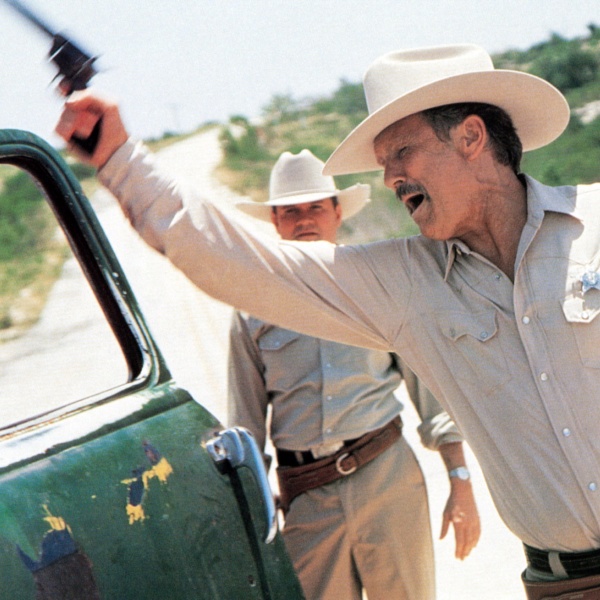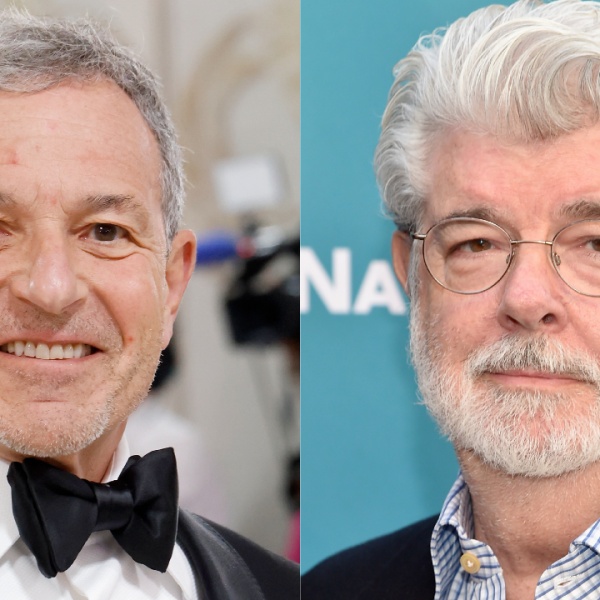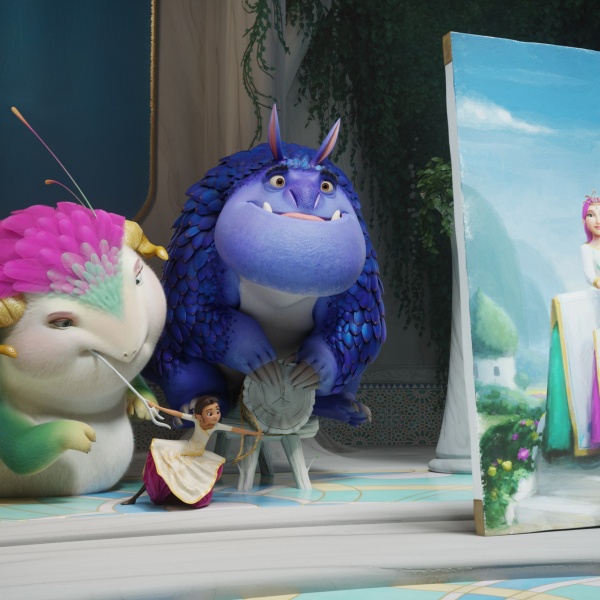Audiences want more representation of gender, race, and ability onscreen, especially according to a new study from the non-profit Inevitable Foundation.
The organization advocates the disabled filmmaking community and recently issued the “Audiences Are Waiting for Hollywood to Greenlight Disability” report through the Foundation’s Research Institute. More than 1,000 people — both disabled and non-disabled — were surveyed about disability and mental health representation onscreen.
The report found that 66 percent of audiences are “unsatisfied with current representations of disability and mental health in film and TV,” while disabled people watched more hours of TV per week than non-disabled people (35 percent compared to 25 percent).
Additional findings included that films and shows with more representation would have larger audiences. The Research Institute discovered that 40 percent of audiences, both disabled and non-disabled, are “very likely” to recommend a film or TV show if the project includes authentic representations of disability or mental health conditions. And 20 percent of audiences would subscribe to a streamer and go to theaters for that representation, too.
“The findings from the Greenlight Disability Report are clear that all audiences — disabled and non-disabled people — are very unsatisfied with the film and television options available to them when it comes to disability representation,” Saga Darnell, Inevitable Foundation’s Head of Research and Public Affairs, said in a press statement to Deadline.
The Inevitable Foundation included that 20 million U.S. households have at least one disabled family member, according to the U.S. Census. The report concluded that there is an “underutilized market segment” for portrayals of characters with disabilities and mental health conditions.
Netflix recently announced a fellowship program for disabled filmmakers with the Inevitable Foundation. The Visionary Fellowship is a year-long investment in disabled filmmakers through funding, mentorship and community with a focus on making a short film and packaging it into their debut feature, per the press release.
The Fellowship will be offered to five filmmakers who will each receive $55,000 as a production grant to produce a short film with a crew. There will also be an unrestricted grant to support Fellows over the course of the program to include marketing, travel, and access needs, as well as health insurance.
“We are thrilled to launch the Visionary Fellowship for disabled filmmakers,” Inevitable Foundation co-founders Richie Siegel and Marisa Torelli-Pedevska said. “This investment in disabled writer-directors represents a powerful expansion in our pipeline of support for disabled creatives, and speaks to the core of our mission: helping disabled creatives reach positions of industry power. Netflix’s commitment across our programming — the largest from any studio to date — is a resounding endorsement of our barrier-breaking approach to fostering the next generation of disabled creators.”
Netflix is funding the Fellowship through their Fund for Creative Equity initiative.
